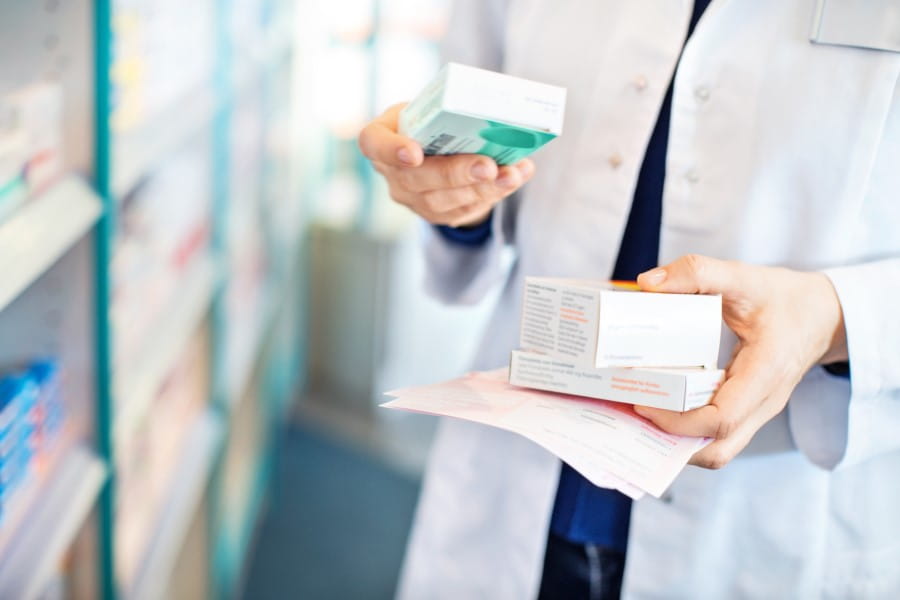
Geisinger Clinics West (State College, PA) Pharmacy Residency
Meet patients where they are and improve their lives. The Geisinger Pharmacy Residency will show you how.
About us
The PGY1 Pharmacy Residency with Geisinger Ambulatory Clinical Pharmacy Programs (Geisinger Clinics West) in State College, Pa., is an accredited residency program with the American Society of Health-System Pharmacists (ASHP). The pharmacy residency training offers customized residency education to successfully prepare clinical pharmacists in caring for patients in an ambulatory care setting.
As a resident, you will innovate, lead and improve the quality of care for patients at Geisinger. You are immersed in a collaborative interprofessional culture where clinical pharmacists practice at the top of their license in acute care, ambulatory care, specialty pharmacy and research. Your curriculum is customized to facilitate the achievement of your personal and professional goals.
Here, your exceptional training experience will foster the development of your professional expertise and competence as a clinical pharmacist in primary care. The pharmacists at Geisinger are committed to delivering the highest quality of patient care and pharmacy education. In particular, our longitudinal design enables residents to establish relationships with providers and patients just as the pharmacists in those practice areas do.
Our program builds on your Doctor of Pharmacy education to develop your skills as a clinical pharmacist and help you be responsible for the medication-related care of patients with a wide range of conditions. Upon completion of the program, you’ll be eligible for employment, board certification and postgraduate year two (PGY2) pharmacy residency training. This includes potential eligibility for early commitment to applicable Geisinger PGY2 programs.
Diversity, equity and inclusion
Geisinger is committed to cultivating a culture of diversity and inclusion. We recognize that our team is our most valuable asset and seek to promote a welcoming environment to persons of all races, ethnicities, religious beliefs, genders and sexual orientations. At Geisinger, we celebrate life experiences, personal differences, knowledge, innovation and talent. In Geisinger’s Department of Graduate Medical Education, the director of diversity, equity and inclusion applies diversity principles in all settings and advances the institution’s efforts to create a welcoming and safe environment for all residents and fellows.
